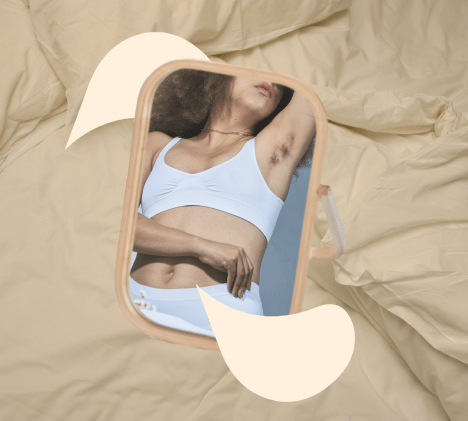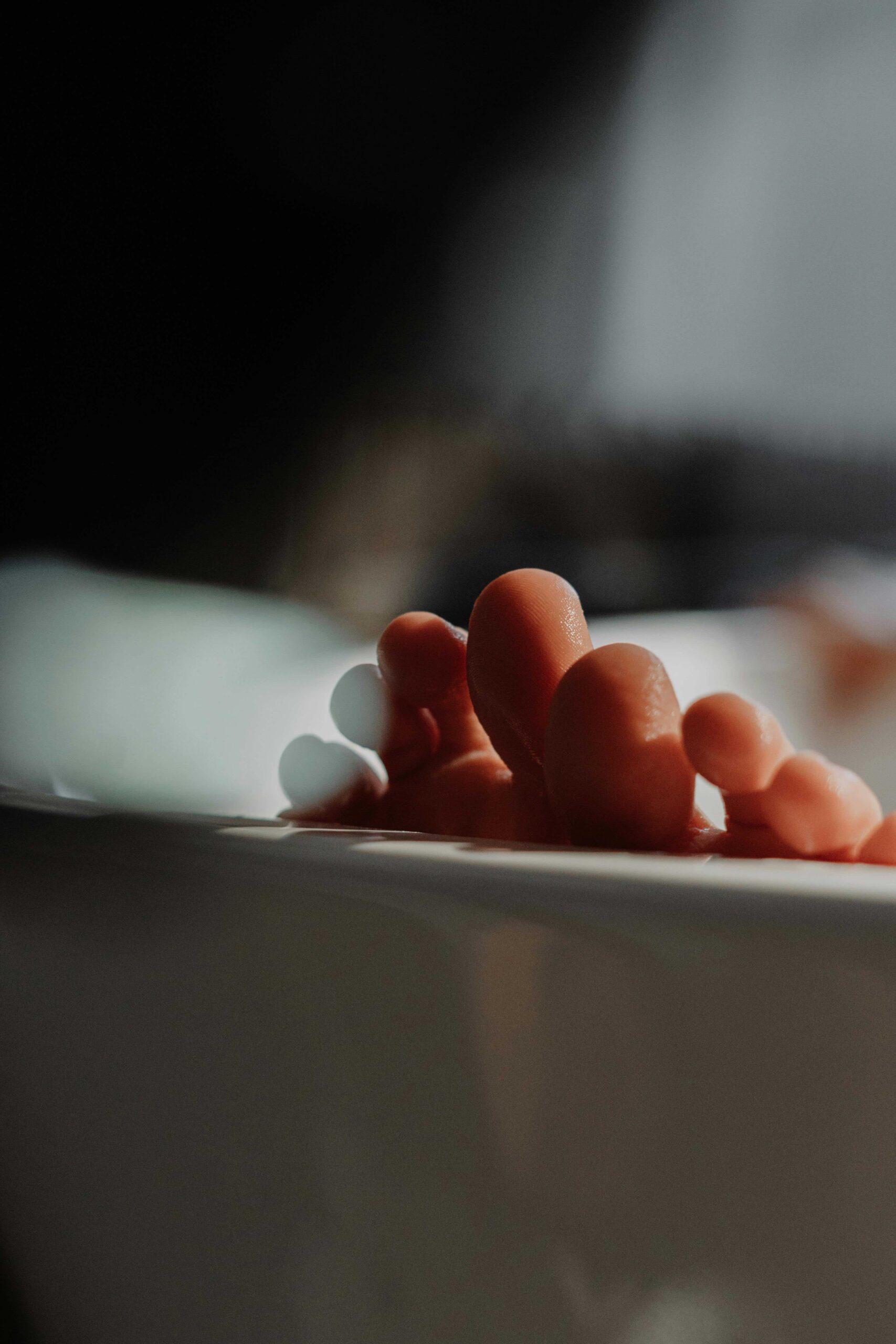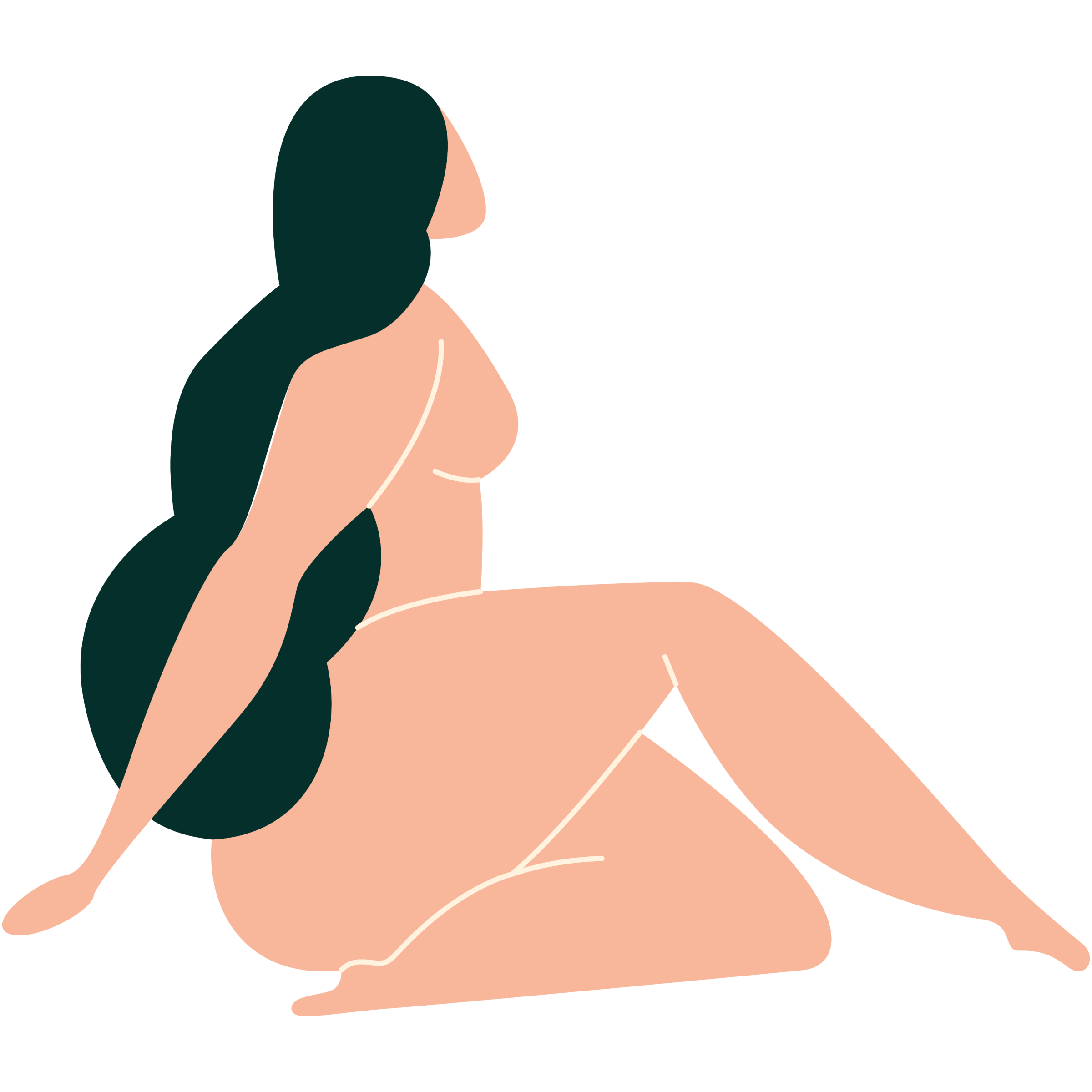
Body
Get to know your body through a better understanding of your anatomy and find the answers to some of your most common questions.
Back
All topics
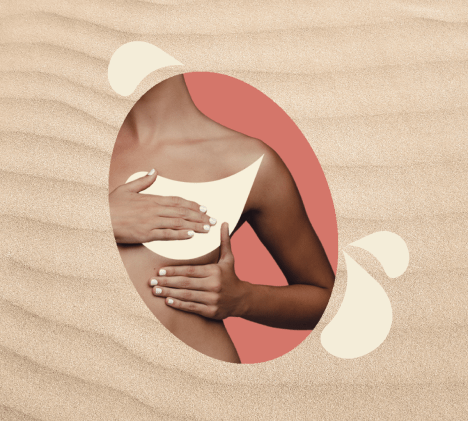
4 resources

20 resources

6 resources
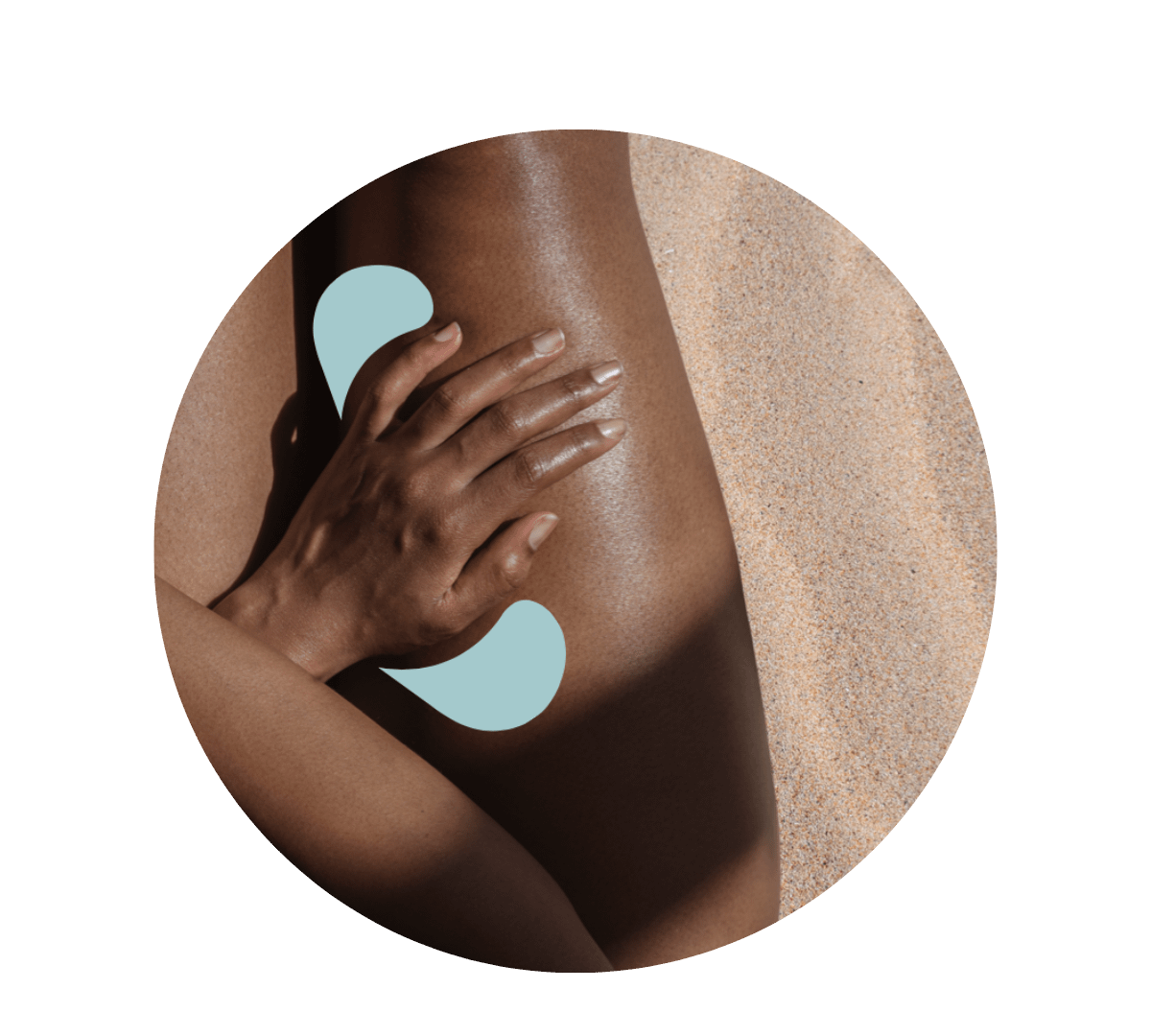
4 resources

6 resources
Back
All topics

9 resources

12 resources

4 resources

11 resources

2 resources
Back
Back
All topics
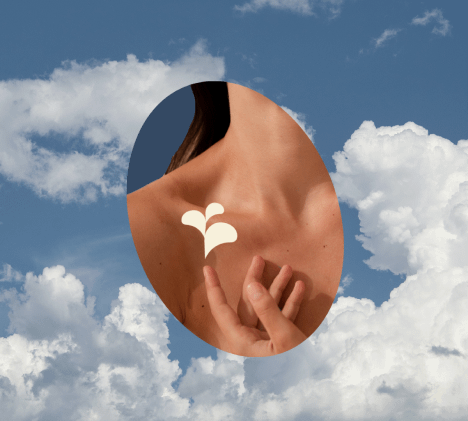
17 resources

11 resources

17 resources

2 resources

Mauj Products
We’ve designed our products to help you explore your body, solo or otherwise. Whether you’re a curious novice or a seasoned explorer, this is for you.
Back
All topics

4 resources

20 resources

6 resources

4 resources

6 resources
Back
All topics

9 resources

12 resources

4 resources

11 resources

2 resources
Back
Back
All topics

17 resources

11 resources

17 resources

2 resources

Mauj Products
We’ve designed our products to help you explore your body, solo or otherwise. Whether you’re a curious novice or a seasoned explorer, this is for you.
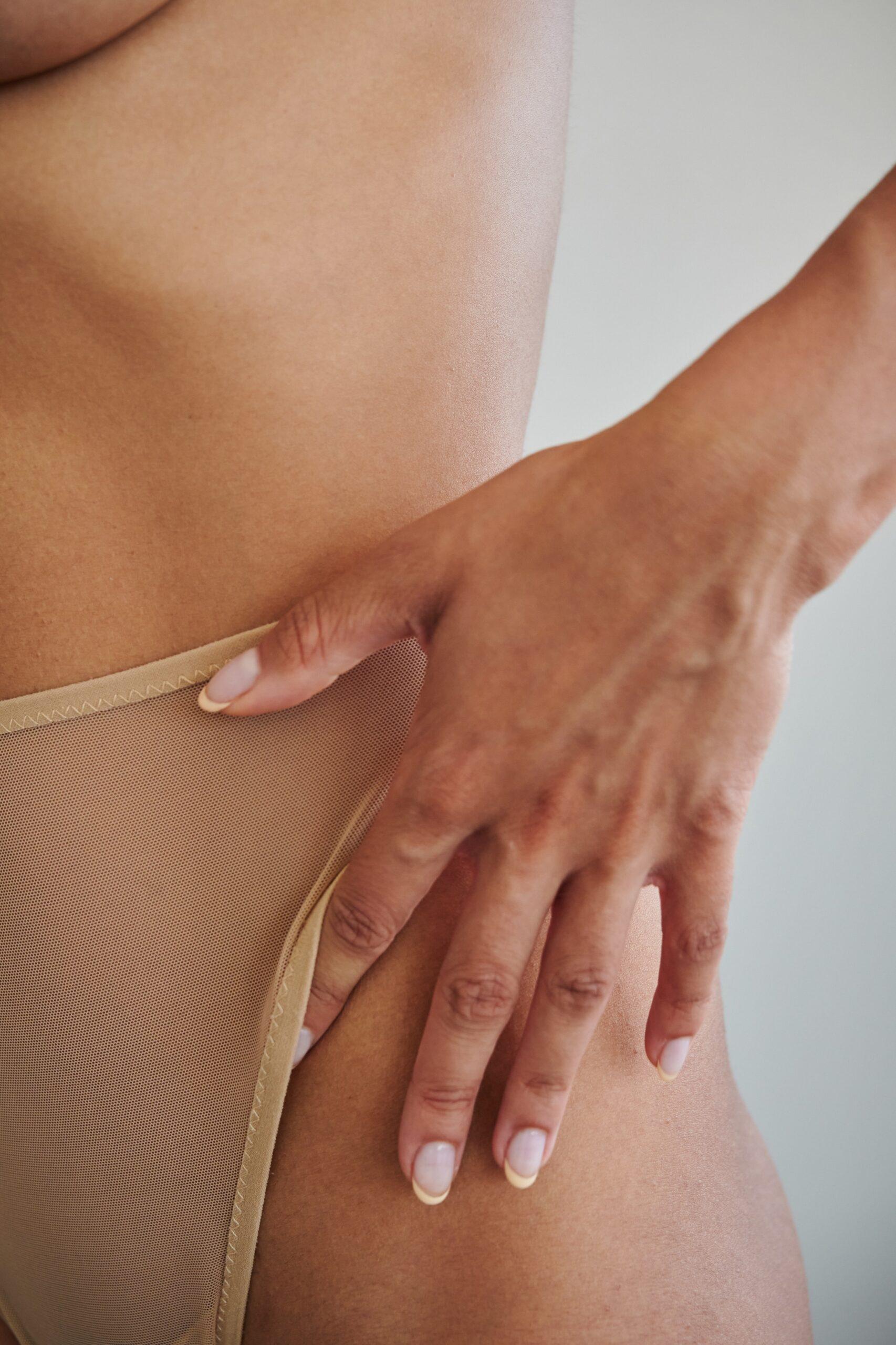
In most Arab societies, self-pleasure is perceived to be shameful, dirty, and reprehensible. Women are discouraged from exploring their bodies and pleasure on their own and encouraged, instead, to only discover that part of themselves through the lens of a partner.
As a result of that, myths and misinformation have made their way into our cultural discourse, creating even more stigma and shame around female pleasure.
If you’re on a journey of self-discovery, but you feel held back by the beliefs you’ve learned to internalize, know that you’re not alone. We all have to go through this process of un-learning and re-learning truths about ourselves and our bodies. To help you on that path, we’ve debunked some of the most common myths around self-pleasure.
Truth: Being in a sexually fulfilling relationship does not mean that you should stop practicing self-pleasure. Self-pleasure is a form of self-care and an excellent tool to relax and unwind. It also improves your sex life: the more you know what you want, the better you can help guide your partner.
Truth: When you find pleasure with your partner, you are sharing the pleasure that your own body can experience. Whether you are in a relationship or not, your body always remains your own to experience pleasure in.
Truth: The sensitivity of your vulva depends on your anatomy alone! While using intimacy products might allow you to discover more pleasure in your body, they do not affect your sensitivity in the long run.
Truth: It doesn't! Self-pleasure is simply the act of exploring yourself. It doesn't directly harm your sexual relationship with your partner. If pleasure with yourself feels better than with your partner, ask yourself: How can you better communicate your pleasure points to your partner?
Did you find the answer you were looking for? Is there something we missed? What did you think of this resource? We want to hear from you.

